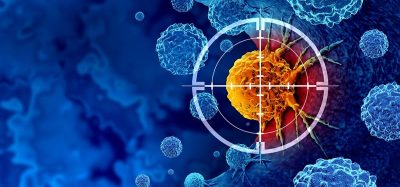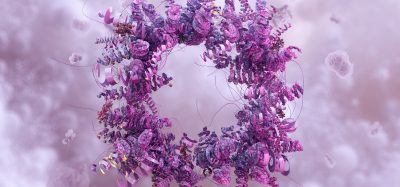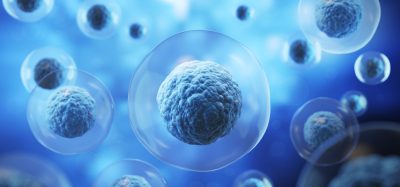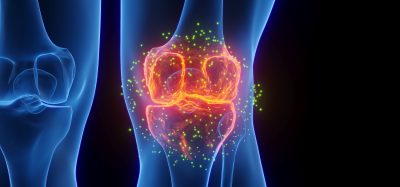DNA epigenetic changes: a key cause of cancer
Posted: 7 November 2023 | Drug Target Review | No comments yet
Analysis of cells shows many regions in DNA are differentially activated or inactivated in a cancer-specific manner.


Cells produce their own proteins by accessing genetic information on their genes. Mutations, changes in this information, may ruin the function of the affected proteins. This is known as the genetics of cancer in oncology. However, there has been a rise of a new field: the epigenetics of cancer.
Genetic information is not changed by epigenetic modifications. Instead, these modifications transiently change the cell’s ability to read some of its own genes and produce the associated proteins. A vast epigenetic programme controls the general working of the cell so may trigger malignant transformation.
An international team of scientists has begun to understand the epigenetics of cancer transition. From 205 patients of 11 varying cancer types, they analysed 1.7 million cells from 225 samples from primary and metastatic origin. For each cell, the team obtained the full transcriptome, exome, and epigenome, which covers almost all gene mutations, gene accessibility and its consequences. Vast computational power enabled the researchers to deduce the whole functional status of each analysed cell and link it to its cancer type.
The findings show that many regions in the DNA are differentially activated or inactivated in a cancer-specific manner, generating a signature for each tumour. These differences are related to cancer progression, and many correspond to already identified steps a cell undergoes to become malignant.
Group leader at the Josep Carreras Leukaemia Research Institute (IJC-CERCA) Dr Eduard Porta was part of the team and added his expertise in analysis of substantial amounts of biological data.
According to the new study, epigenetic changes at the DNA level are notably an underlying cause of cancer, especially the accessibility of enhancer regions, a type of master regulator acting upon many genes simultaneously. The results unite into a concise list of genes that can be used as markers for good or poor prognosis which is valuable information for patients’ clinical management.
The exploration has also identified the cellular pathways of these important genes, enabling scientists to track their distant interactions. The affected genes can be so fundamental that is impossible to drug them directly without side effects. However, knowing the full pathway, researchers could develop strategies to target the weakest link in the chain to maximise the therapeutic benefits while minimising unwanted effects.
This study was published in Nature.
Related topics
Cancer research, Computational techniques, Epigenetics, Genetic Analysis
Related conditions
Cancer
Related organisations
Josep Carreras Leukaemia Research Institute (IJC-CERCA)








